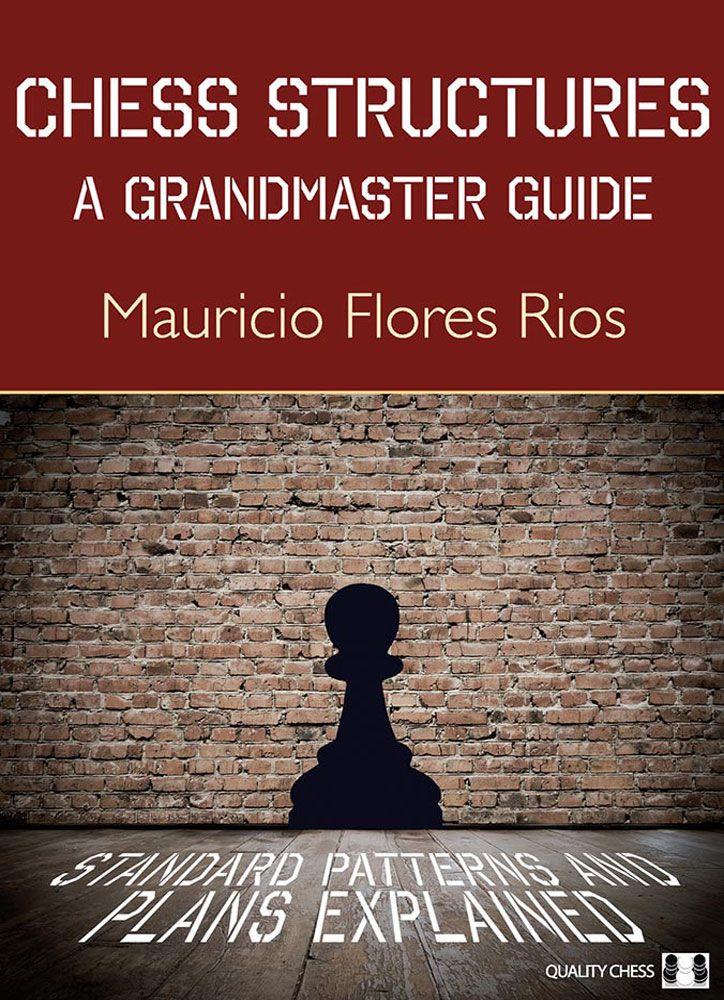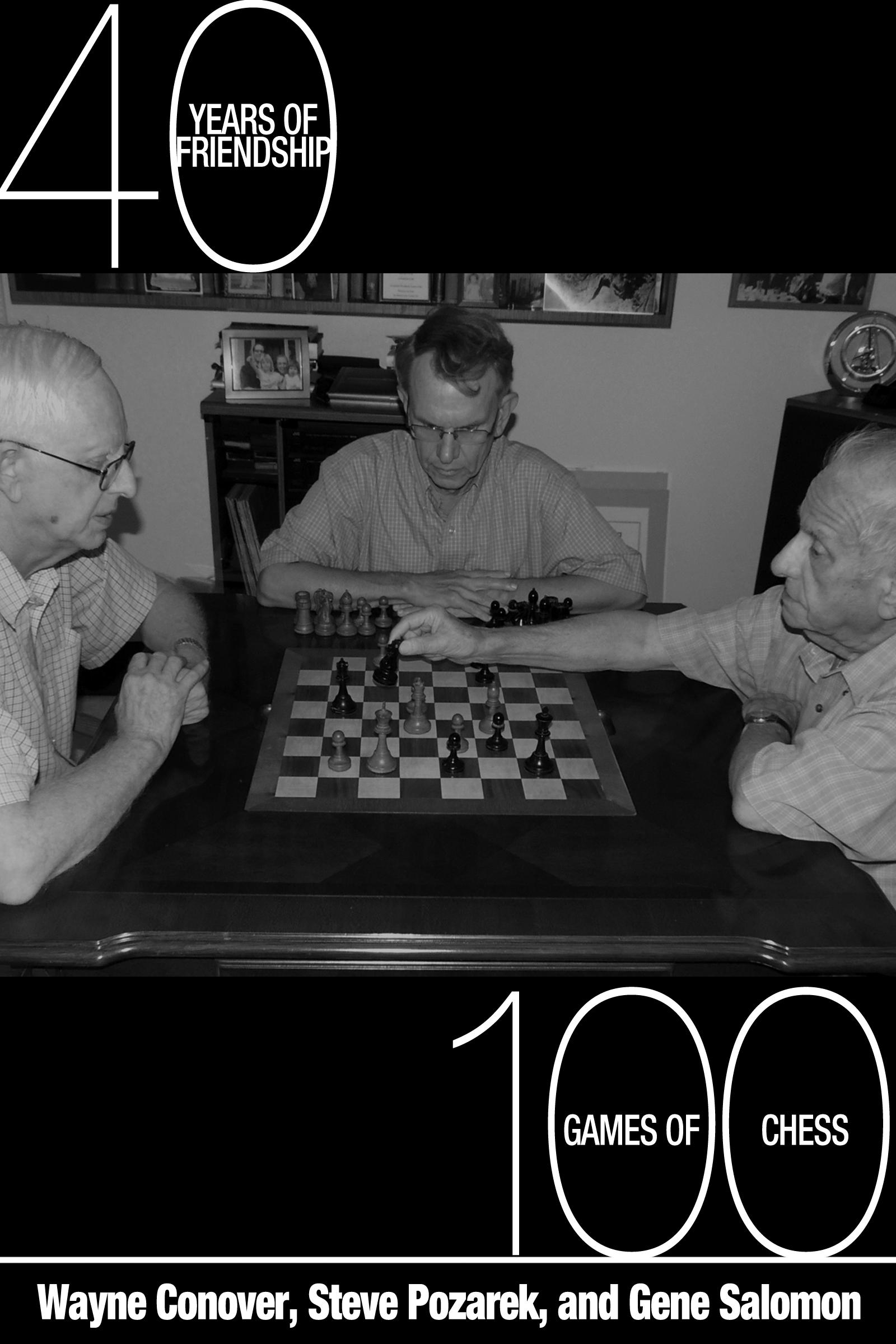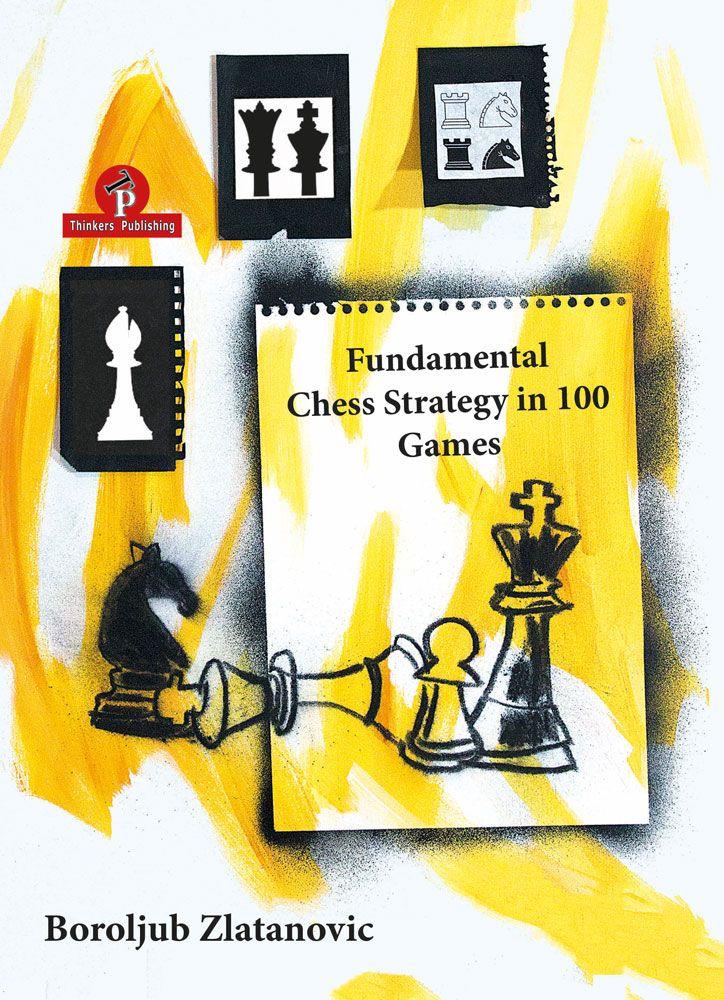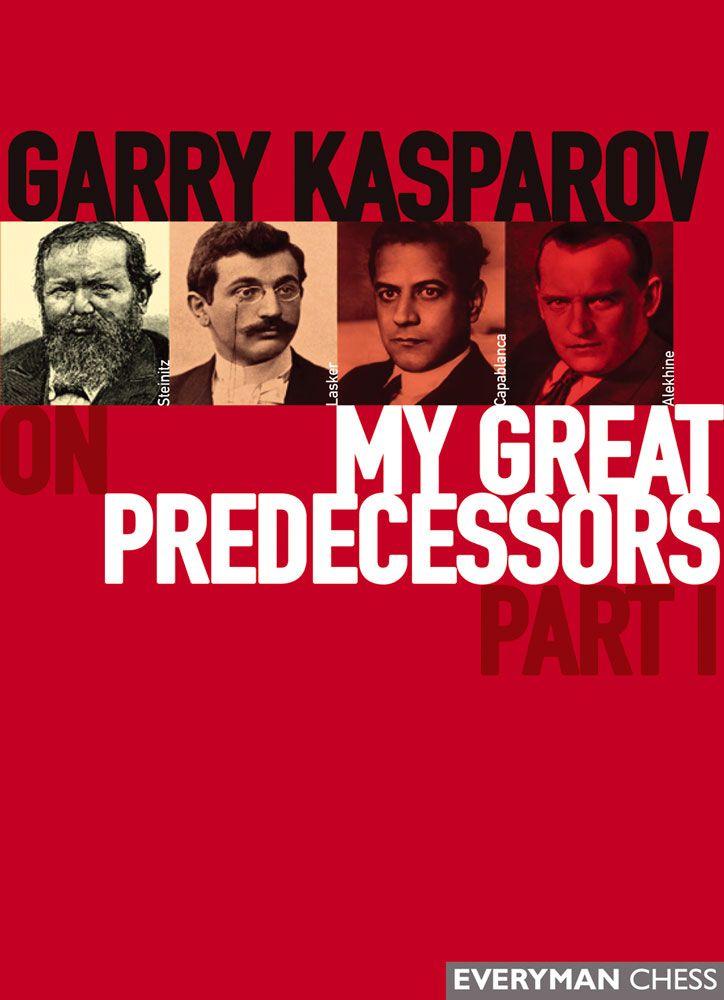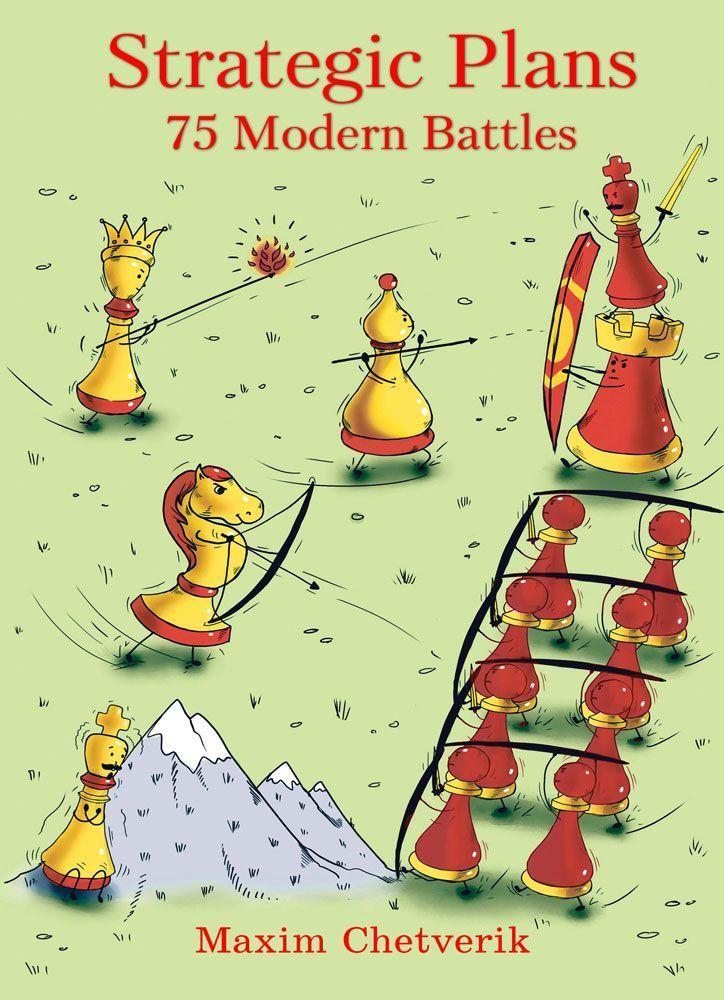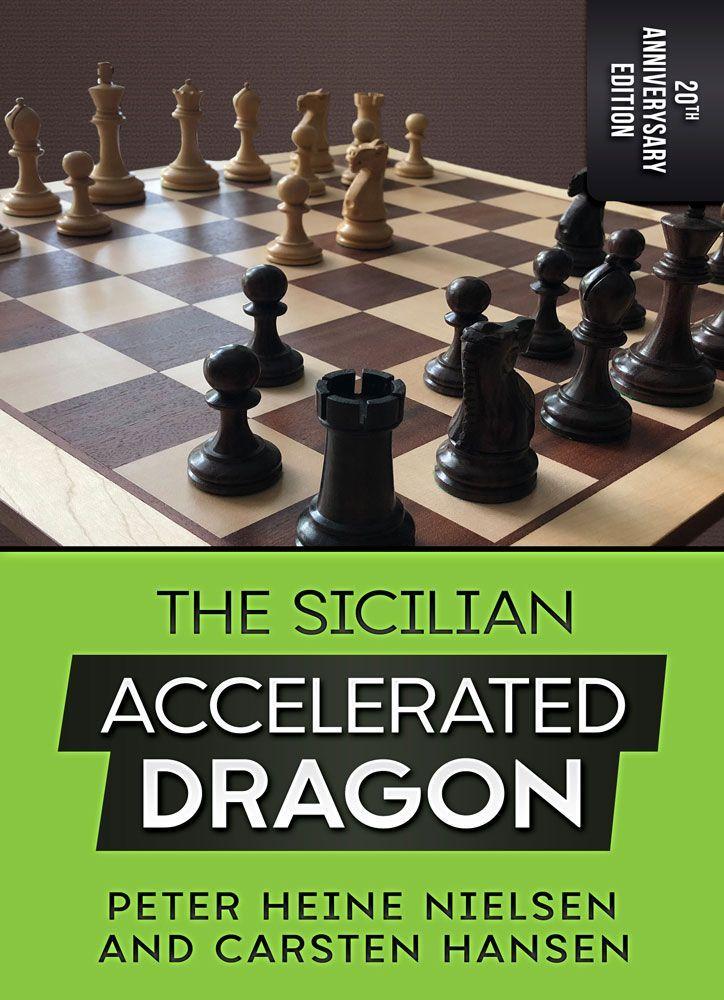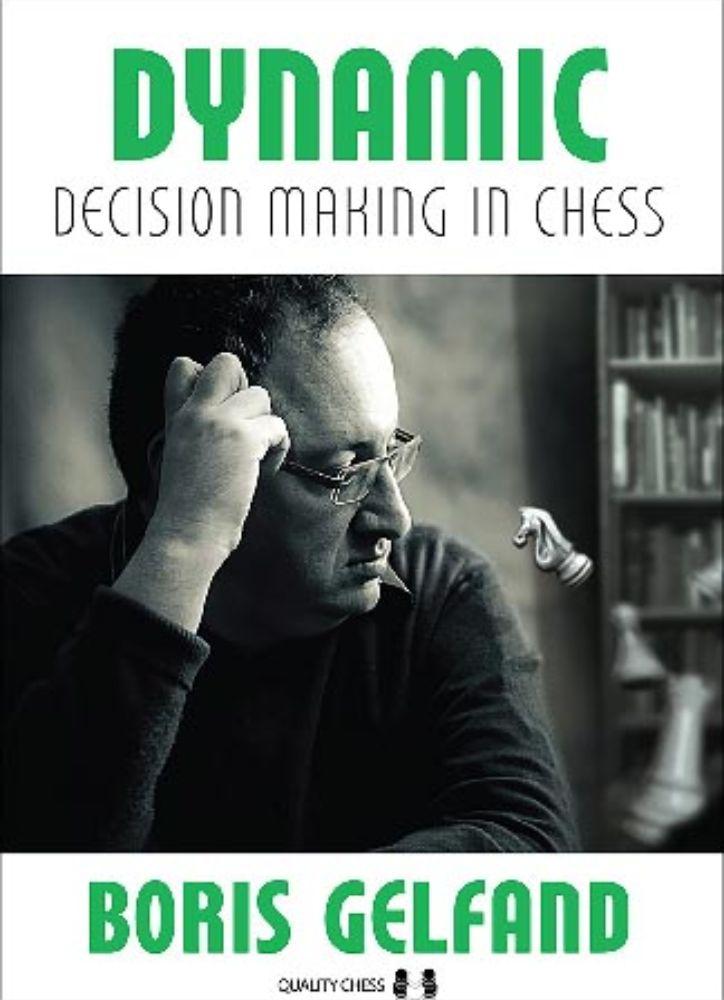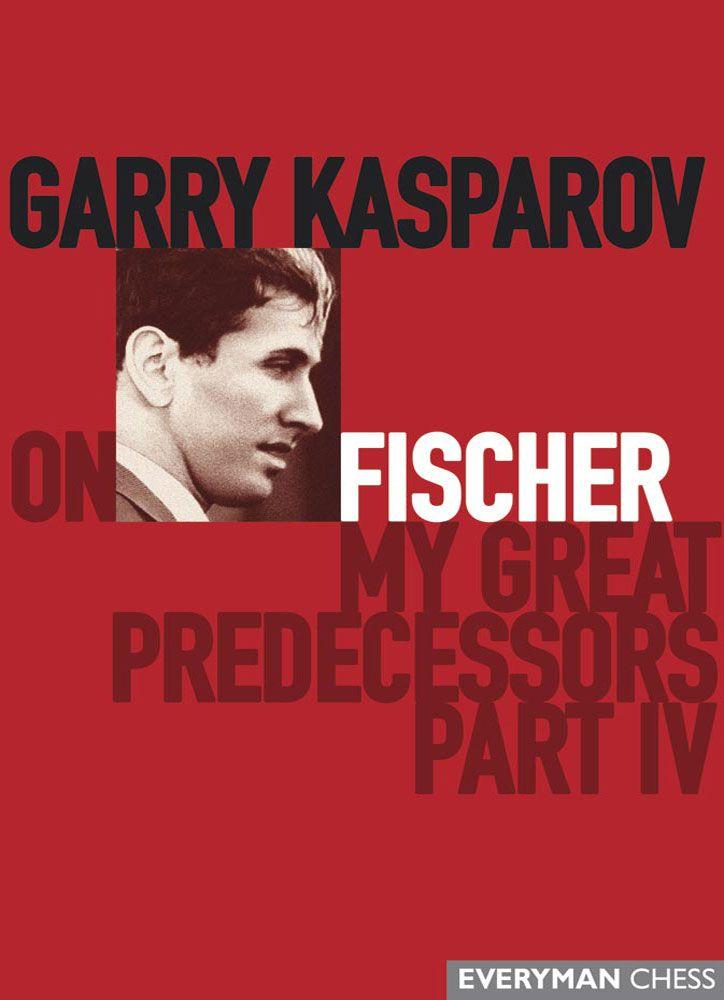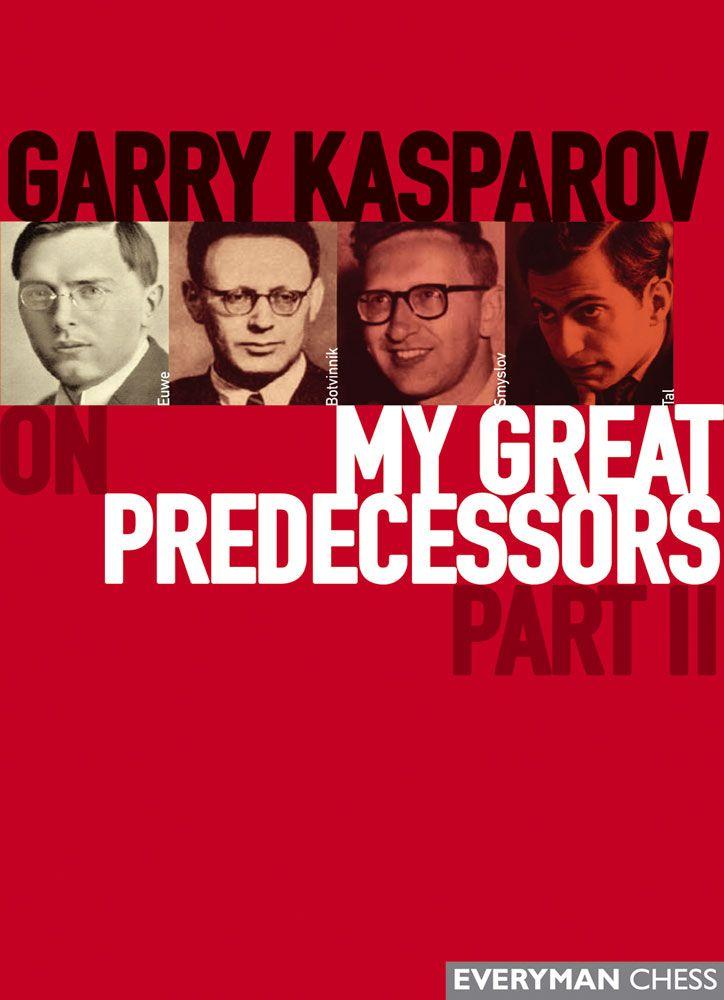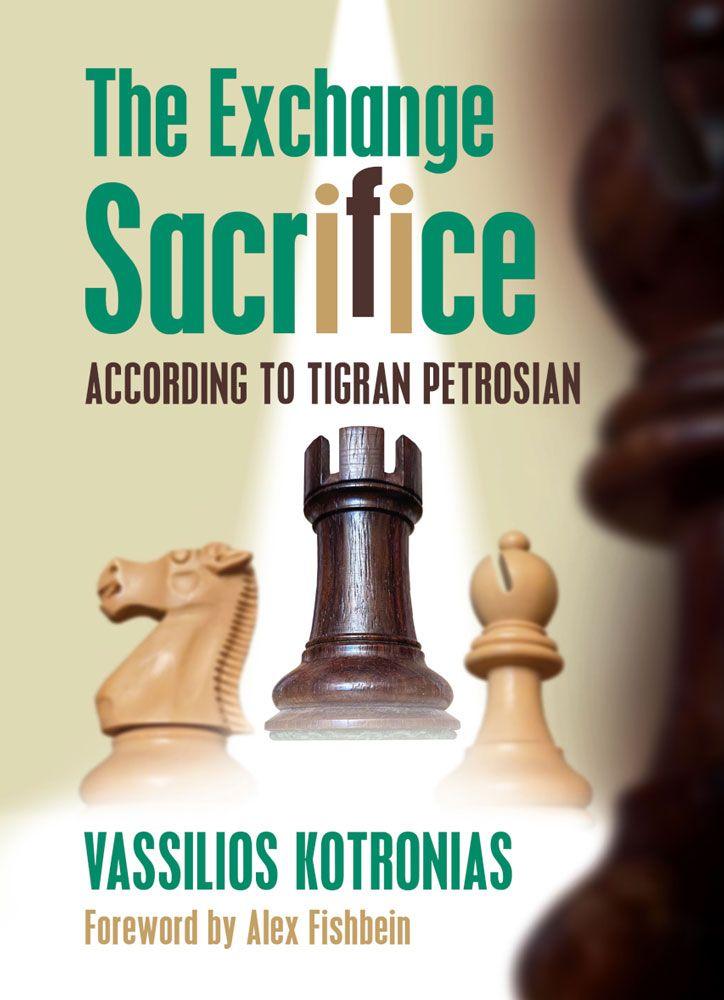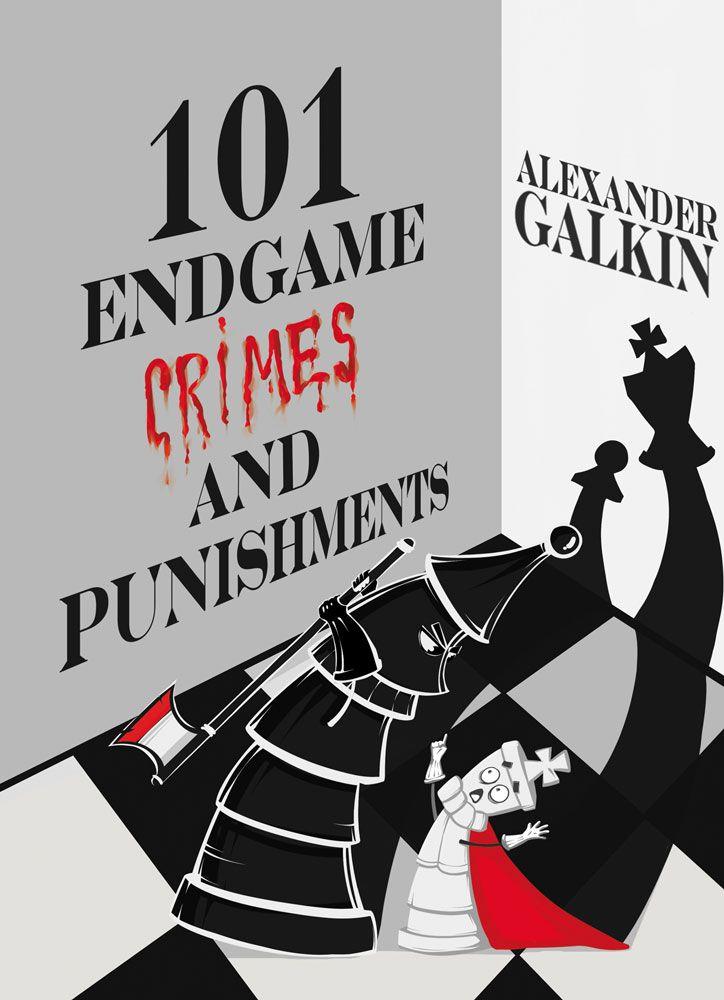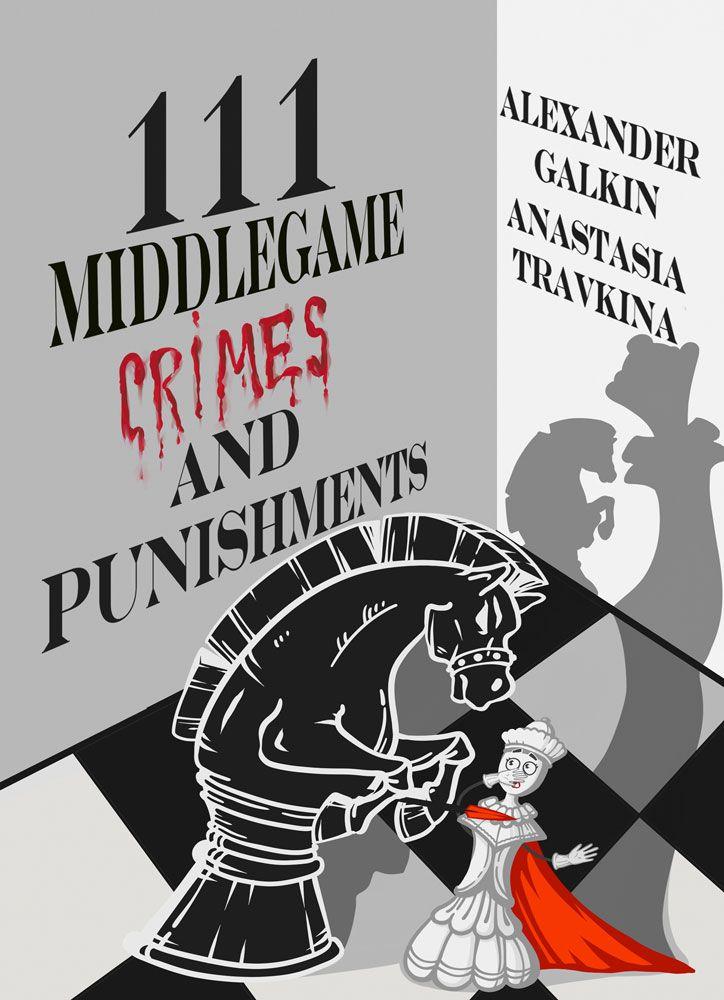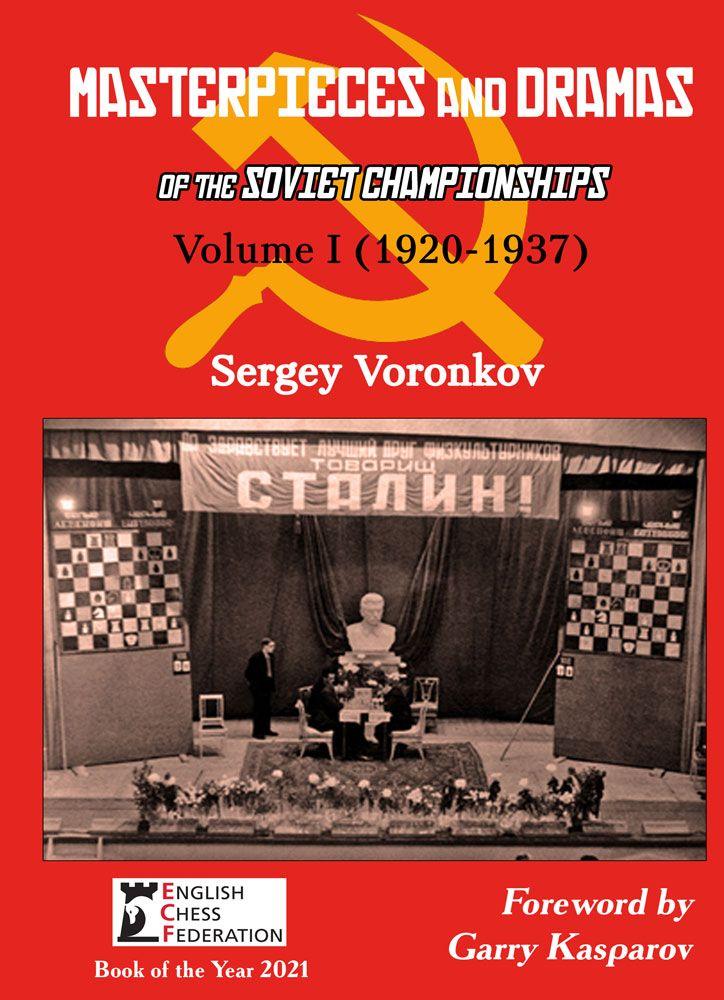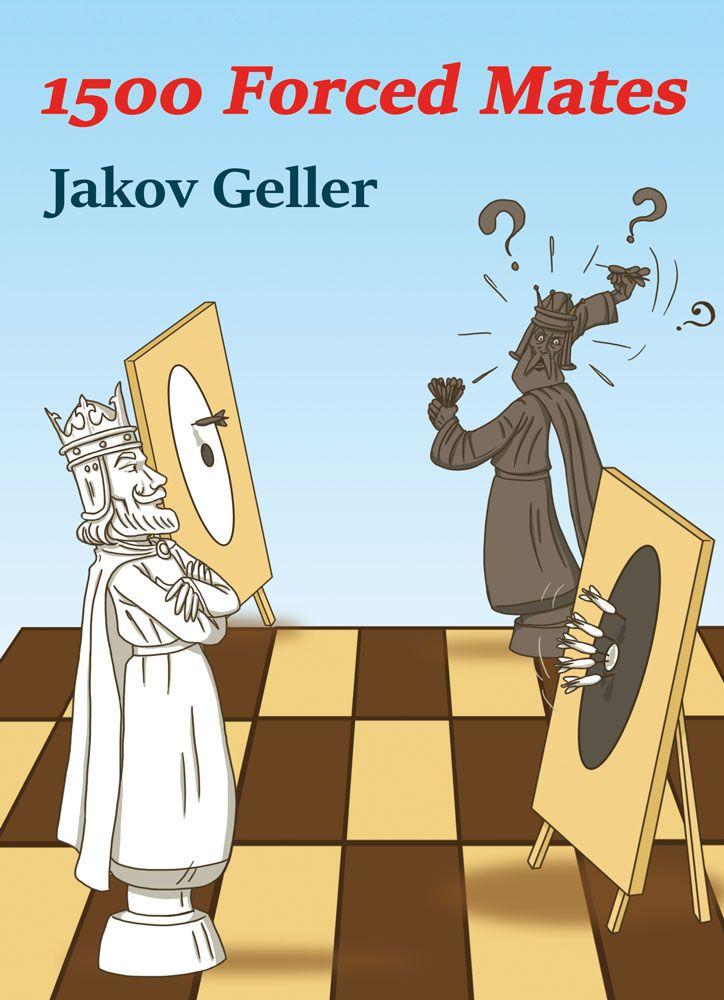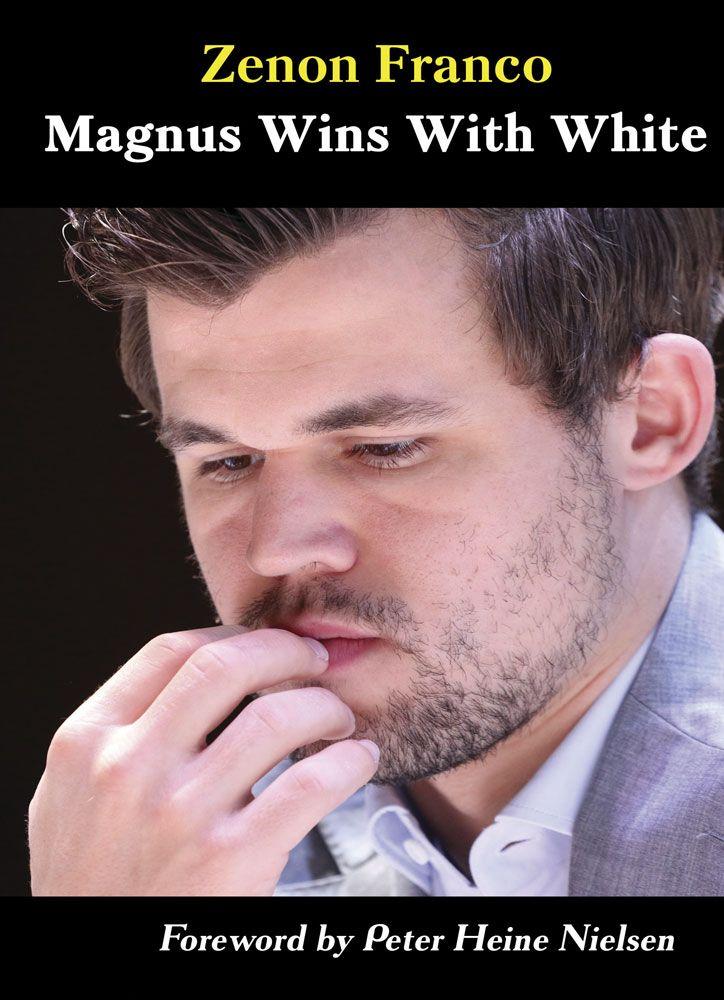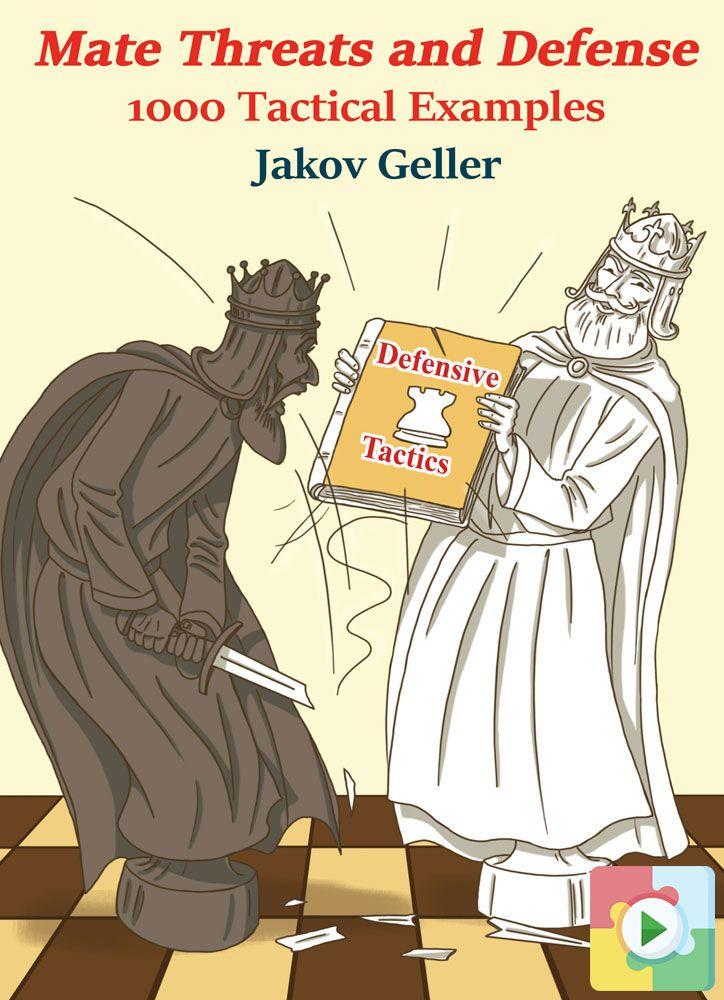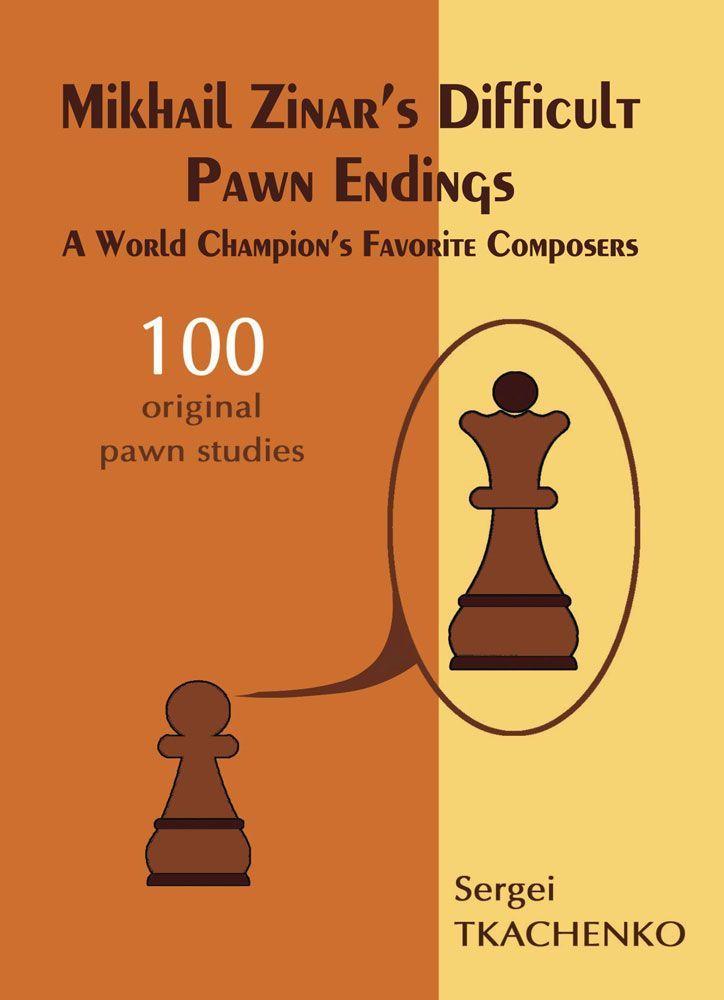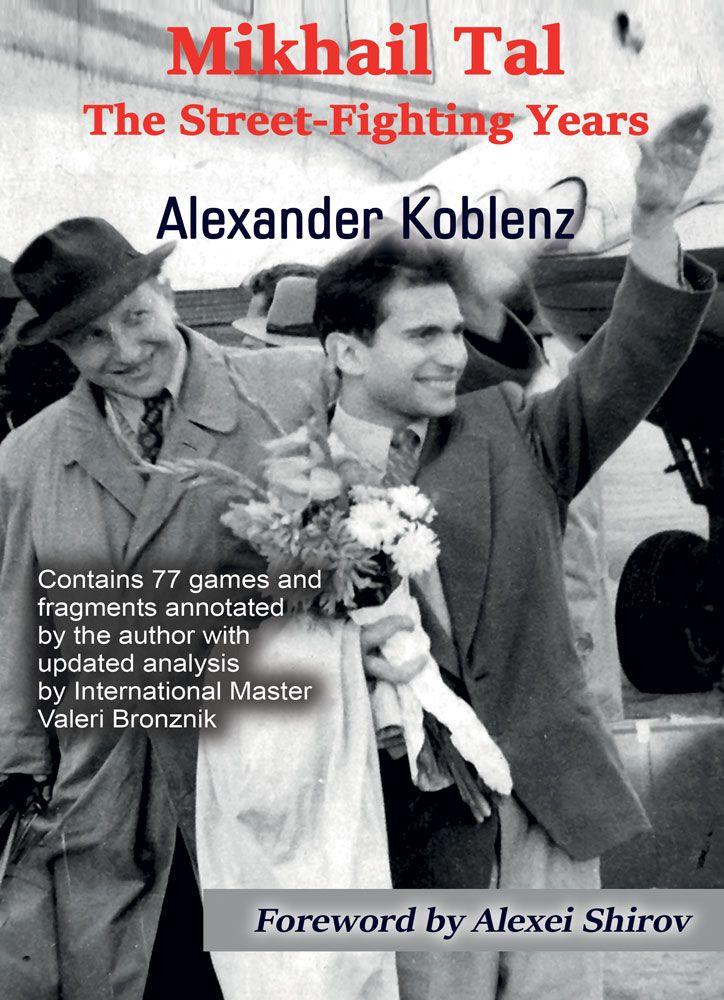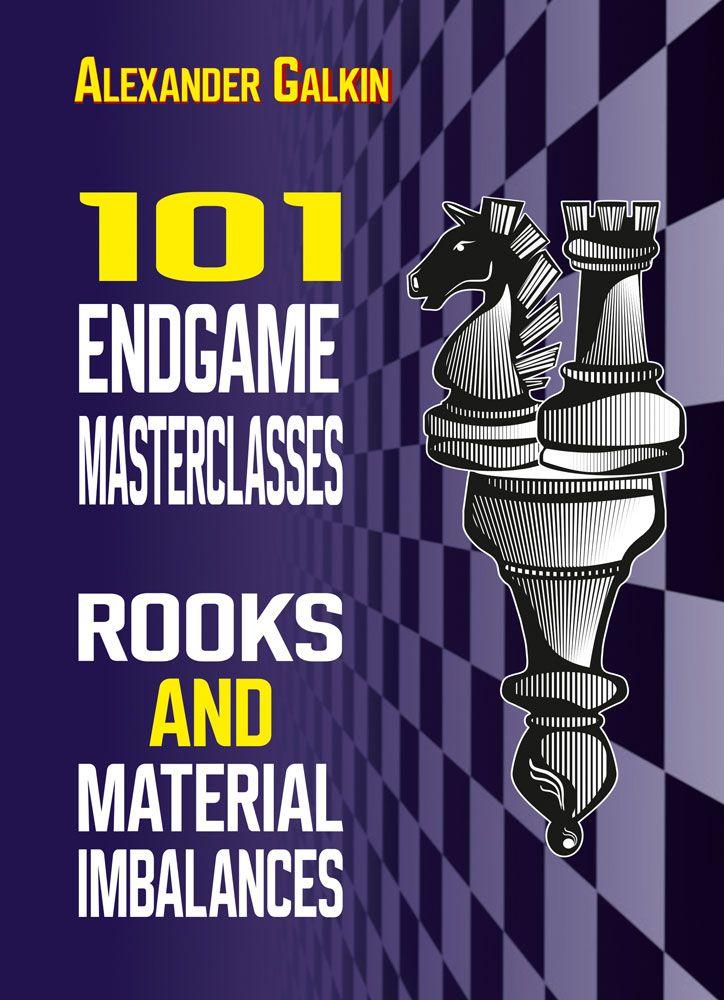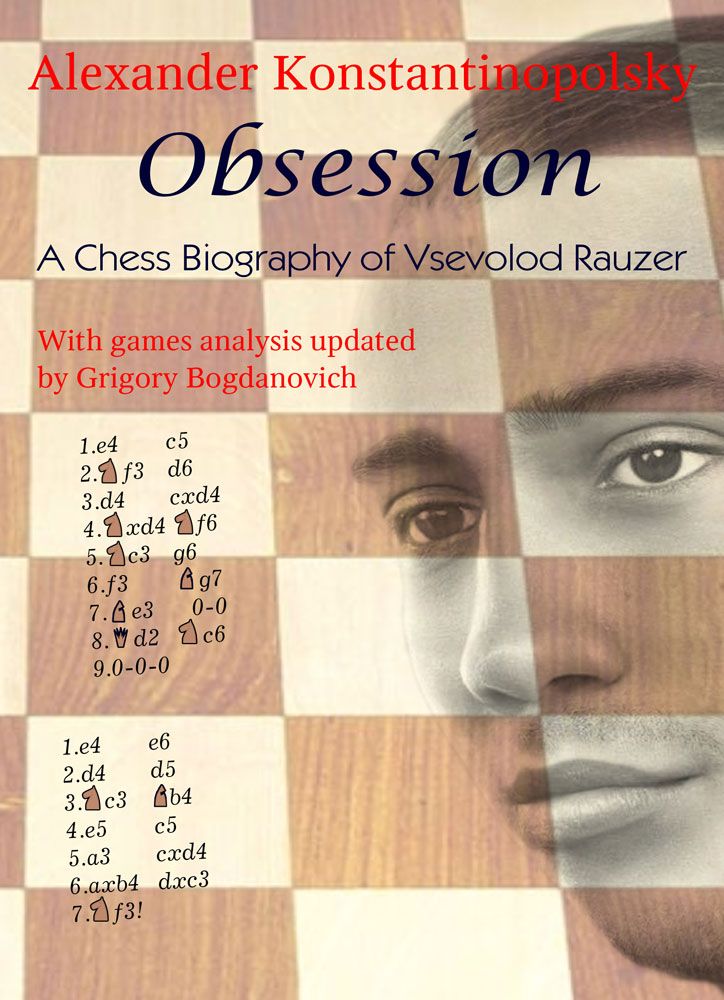
Obsession: A Chess Biography of Vsevolod Rauzer
Vsevolod Rauzer, born in Kiev in 1908, was one of the world’s leading chess opening theoreticians and thinkers in the 1930s. As a player, he was an uncompromising attacker, trying to avoid draws as well as to prove that 1.e4 wins by force. According to Mikhail Botvinnik, “His opening research…with linked middlegame plans, gives us every reason to place V. Rauzer among the founders of the Soviet chess school.”
Awarded the Master of Sport title in 1929, Rauzer’s best tournament performances included joint eighth place in the 1931 Soviet Championship, sixth in 1933 and eighth in 1937. According to Chessmetrics, he was ranked in the world’s top 30 for several years.
He made big contributions to theory in the Sicilian, French and Caro-Kann defenses among others. The book’s introductory articles contain deep dives into Rauzer’s opening laboratory and shed light on the historical development of key variations.
The present work contains 96 games, nearly all of them played by Rauzer. Opponents include Botvinnik, Fine, Levenfish, Lilienthal, Romanovsky, the author and other leading pre-War Soviet players. Many games come with Rauzer’s own annotations together with analysis by Konstantinopolsky, Botvinnik, Levenfish and others. The commentary has been updated by International Master Grigory Bogdanovich using the latest engines.
Ultimately, Rauzer’s story was a sad one. Chess, and especially opening analysis, was an obsession for him: he once told Panov: “Unfortunately, I just can’t make myself work on theory of the game for more than 16 hours a day! My head can’t endure more.” This obsession eventually drove him mentally ill and he spent much of his final period in care. Vsevolod Rauzer lived largely in poverty and tragically died in the Siege of Leningrad.
Alexander Konstantinopolsky (1910-1990), Rauzer’s close friend and collaborator over many years, was a leading Soviet player and coach, also from Ukraine. He trained David Bronstein and was head coach of the Soviet women’s team from 1954 to 1982. His best tournament performance was joint second at the 1937 Soviet Championship.
